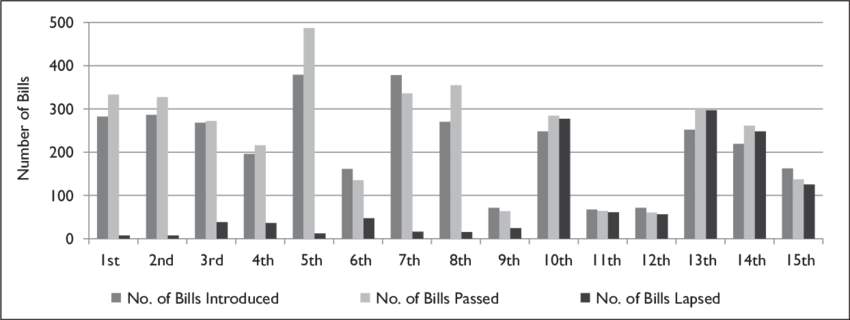7667766266
enquiry@shankarias.in
Why in news?
Vice President suggests to rethink the lapse procedure to avoid wastages of time.
What are the key things suggested by Vice President?
When a bill gets lapsed in Indian Parliament?
What is the Status of Legislations in the parliament?

Source: Indian Express, PRS